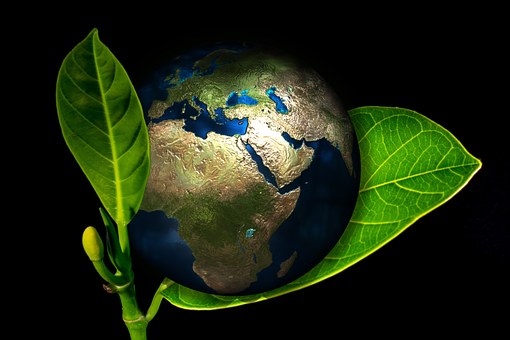Introduction to Sustainable Development
Course Details
- ECO – UNESCO
- Dublin City
- Environmental
- € 200-240
- Part Time and Evening
- 4 days
Course Description
This course develops an understanding of current topics such as
- Sustainability
- Quality of life
- Sustainable communities
- Fair trade
- Environmental auditing
- Carrying capacity
Course content is integrated with practical, hands on activities to ensure maximum student learning in a supported environment.
Students of the course facilitate a workshop on an environmental issue of their choice incorporating education for sustainable development methodologies. They also carry out a project on the life cycle analysis of a product and complete a group project on developing a sustainable community.
This contemporary course will keep your CV relevant and up to date, is very useful for those working in the green economy and is also suited to anybody who has an interest in sustainable development and would like to find out more about it.
Course Units
- An Introduction to sustainable development
- Education for sustainable development methods
- Resources and the environment
- Values and behaviours
- Environmental auditing
- Sustainable communities
- Environmental indicators
- Facilitation skills
By the end of the training participants will be able to:
Describe the interaction between society, economy and environment
Carry out an environmental audit
Create a vision for a sustainable community
Use education for sustainable development methods
ECO-UNESCOs Introduction to Sustainable Development is a hugely rewarding, challenging and interesting course. Students will find that the content and skills gained are transferrable to a number of current and future opportunities in the green sector.
Who can benefit from course? Anyone interested in learning more about sustainable development including: professionals, local authorities, businesses, teachers, youth leaders, community workers, young people under 25 and the general public.


